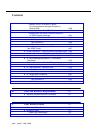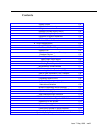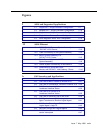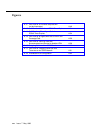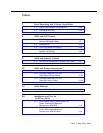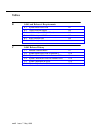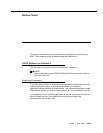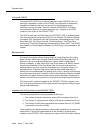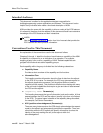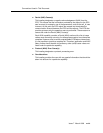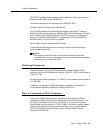
Release Notes
xxxiv Issue 7 May 1998
Universal Call ID
Universal Call ID (UCID) is a unique tag assigned to each DEFINITY call. It is
used by an application to track a call for its life, from origination to disconnect,
regardless of where the call may end up and how it gets there (transfer,
conference, routing, through a variety of network and DEFINITY Enterprise
Communications Servers, and voice responses, etc.). Support for the UCID
(creation) is an option on the DEFINITY ECS.
The UCID is reported to all ASAI links on the DEFINITY ECS, if so administered.
The event reports that contain the UCID are: Call Initiated, Call Offered, Alerting,
Connected, Call Transferred, and Call Conferenced. Acknowledgments to Third
Party Make Call, Third Party Auto-dial, Third Party Merge, Third Party Take
Control, and Third Party Single-Step Conference also contain UCID. The UCID is
also passed in a Route Request Capability. A UCID Query is also available in this
release.
Phantom Calls
A Phantom Call can be initiated through ASAI as a User-Classified Third Party
Make Call but it differs from a regular User-Classified Third Party Make Call. A
Phantom Call can be originated either from a station AWOH (Administered
Without Hardware), or from a Non-ACD Hunt Group made up of AWOH stations.
Regular User-Classified Third Party Make Calls can only be originated from
physical stations and they cannot be originated from a hunt group made up of
physical stations. Phantom Calls can be used by multi-media application to
identify the next available agent (by placing such a call in a queue) and delivering
the multi-media call (e-mail, voice-mail, or fax) at the same time Phantom call gets
delivered to the agent. Phantom Calls are also used to facilitate a conference or
transfer of trunk to trunk connections in conjunction with Single-Step Conference.
A Phantom call is routed and treated by the DEFINITY ECS like a regular voice
call. It can also be placed as a Direct-agent call with the originator being the same
party as described above.
Expanded ASAI Capacities in the DEFINITY ECS
The following capacities are being expanded for R6r only:—
1. The number of domain controls per station will be increased from 2 to 4.
2. The number of notifications per VDN or ACD will be increased from 3 to 6.
3. The number of ASAI links supported will be increased from 8 to 16, (MAPD
is required for more than 8 links).
These capacities are being increased to allow multiple applications to monitor the
same device. It should be understood that as the number of monitors being
enabled on the DEFINITY ECS increases, the load on the ECS will also increase.



